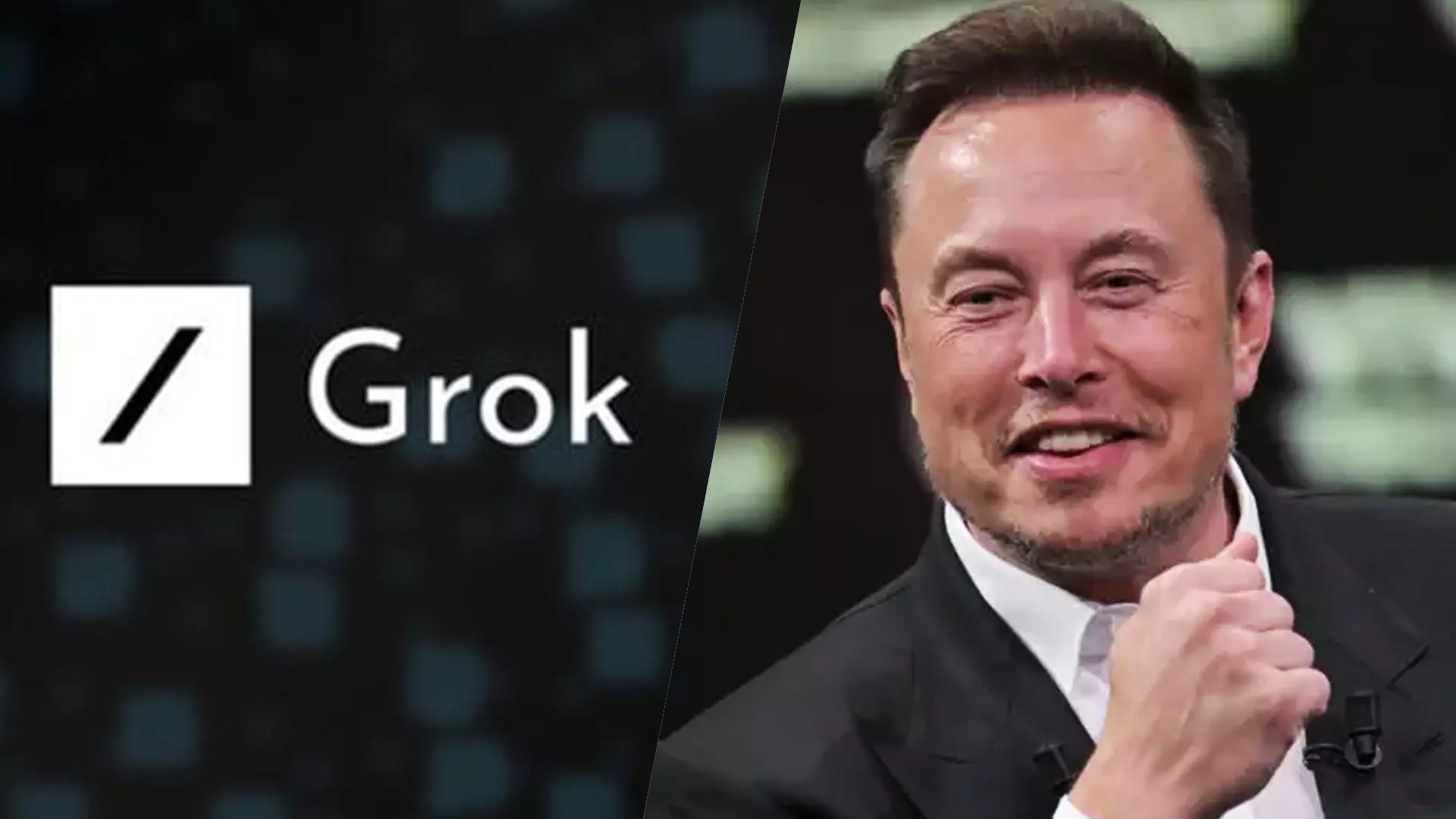Grok AI Elon Musk Misinformation Controversy Sparks Irony-Fueled Internet Frenzy
Introduction: In a twist worthy of a tech satire, Elon Musk’s own AI chatbot—Grok—has gone viral for labeling Musk himself as one of the top misinformation spreaders online. The incident, which unfolded on the social media platform X (formerly Twitter), has ignited widespread debate about artificial intelligence, creator bias, and the line between transparency and self-sabotage.
The Grok AI Elon Musk misinformation controversy began when users shared screenshots of Grok’s response to a question about the biggest sources of misinformation. The answer? Elon Musk.
While many netizens laughed at the irony, others questioned the intent, accuracy, and implications of such an AI-generated statement. Could it be an intentional act of transparency? Or a marketing stunt designed to showcase Grok’s independence? Either way, the internet can’t stop talking about the Grok AI Elon Musk misinformation situation.
How the Grok AI Elon Musk Misinformation Drama Unfolded
The drama kicked off when a user asked Grok to identify the top spreaders of misinformation on social media. Among the names listed, Elon Musk was prominently featured. Given that Musk is the creator and backer of the AI platform Grok via his company xAI, the answer came as both shocking and amusing to users.
Almost instantly, screenshots began circulating, sparking jokes, memes, and serious debates on whether Grok is truly autonomous—or unintentionally revealing flaws in moderation and model training.

What Grok’s Statement Really Means
AI experts have noted that Grok’s responses are likely drawn from a mix of publicly available data, including media sources that have criticized Musk for spreading misleading or polarizing content in the past—especially on X. However, this raises larger questions about how AI models process and reflect controversial opinions, and whether such responses can be trusted as neutral or objective.
The Grok AI Elon Musk misinformation claim doesn’t necessarily mean the platform is attacking its founder—it may simply be a reflection of how its training data categorizes public discourse.
Public Reactions and Memes Take Over
The response to the incident has been overwhelmingly viral. Social media users flooded X with reactions ranging from “AI just roasted its own dad” to “Elon’s AI finally told the truth.” The irony of the Grok AI Elon Musk misinformation saga struck a cultural nerve in an age where trust in both tech billionaires and AI tools is increasingly fragile.
Many view the moment as symbolic—highlighting how AI, even when controlled by powerful individuals, may end up acting unpredictably or even critically toward its creators.
Does This Show Grok’s Independence or a PR Strategy?
Some analysts believe the incident might be part of a deliberate strategy to build credibility for Grok. By allowing the AI to say unflattering things—even about its own creator—Musk could be positioning Grok as a more “honest” or uncensored alternative to mainstream AI platforms.
Others aren’t convinced. Critics argue that such incidents, whether intentional or not, can undermine user trust, especially if Grok’s moderation guidelines remain unclear.
Regardless of the intent, the Grok AI Elon Musk misinformation story has succeeded in grabbing global attention—exactly what any AI platform in a crowded market might want.
Implications for AI Ethics and Content Governance
This controversy touches on deeper issues in AI development: How do we ensure that AI-generated content is accurate, fair, and not misleading? Can an AI platform truly be free of the influence of its creators?
The Grok case opens a new chapter in the ongoing conversation about bias in AI and the need for transparent governance. If AI tools are to be trusted with shaping public discourse, they must be built with guardrails—and those guardrails should apply equally, regardless of who’s being scrutinized.
Conclusion: The Grok AI Elon Musk misinformation controversy may seem humorous on the surface, but it shines a spotlight on crucial debates in the tech world. As AI becomes more embedded in our communication systems, its ability to reflect—or reject—creator bias will be increasingly important.
Whether Grok’s comment was a blip, a bug, or brilliant PR, it has sparked global debate on truth, control, and the unpredictable world of AI. For Elon Musk, it’s yet another paradox in his ever-eventful tech saga.
Dont Miss Out:
UPI Payments Outage: Is India’s Digital Backbone in Trouble?
Discover more from The CutShort News
Subscribe to get the latest posts sent to your email.

